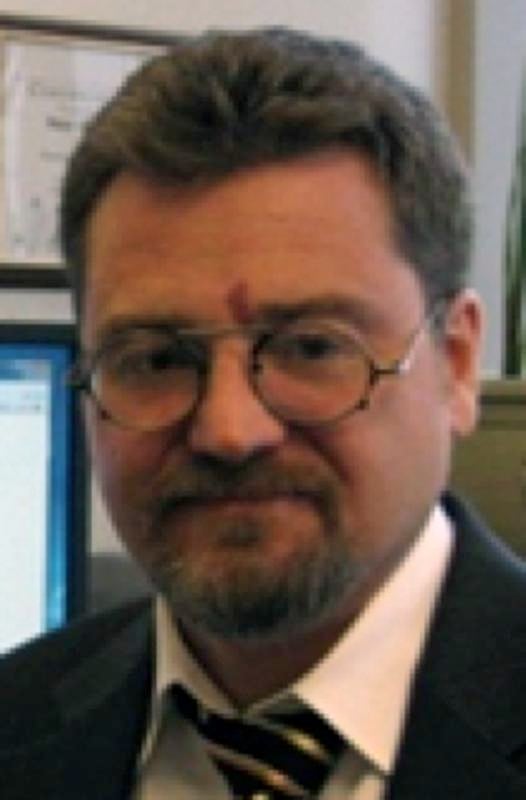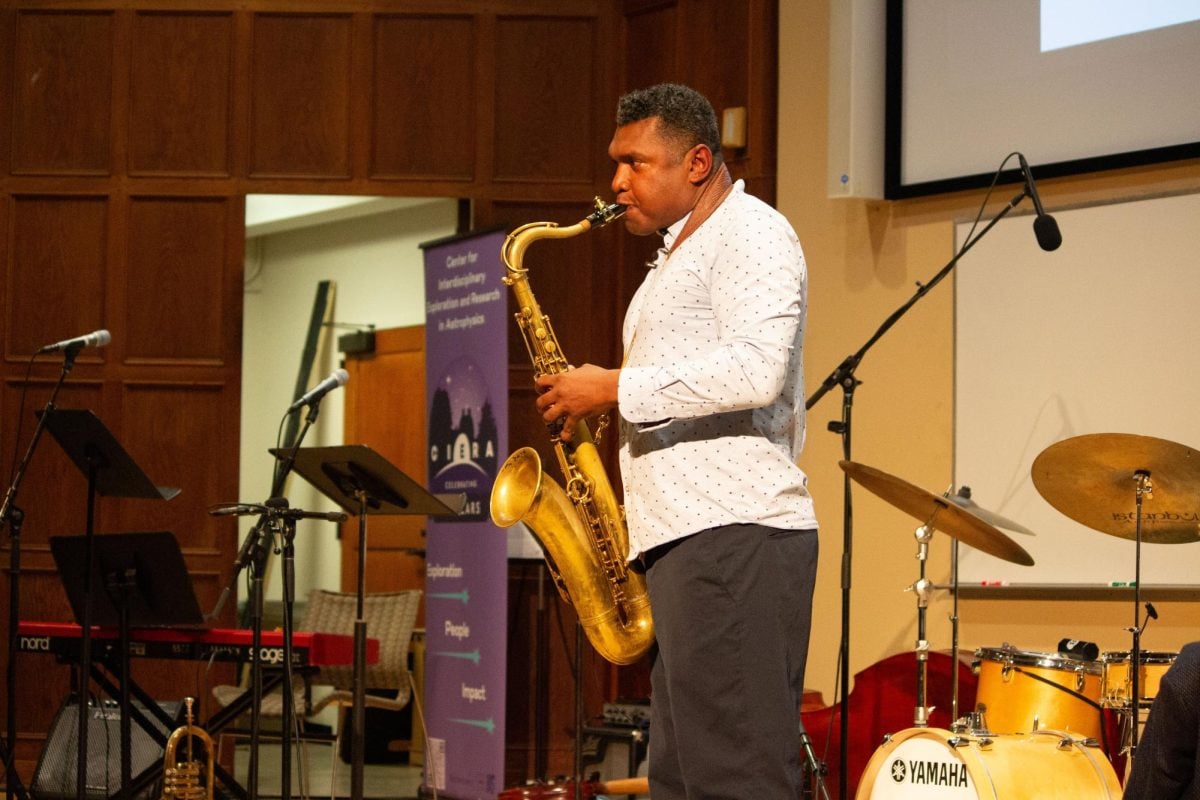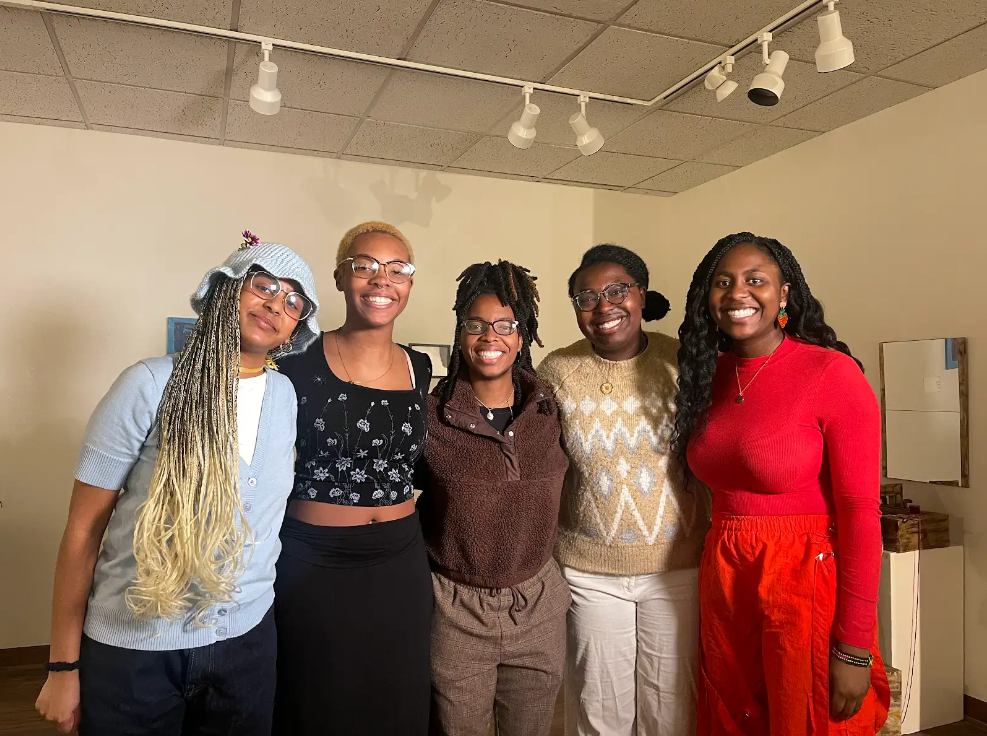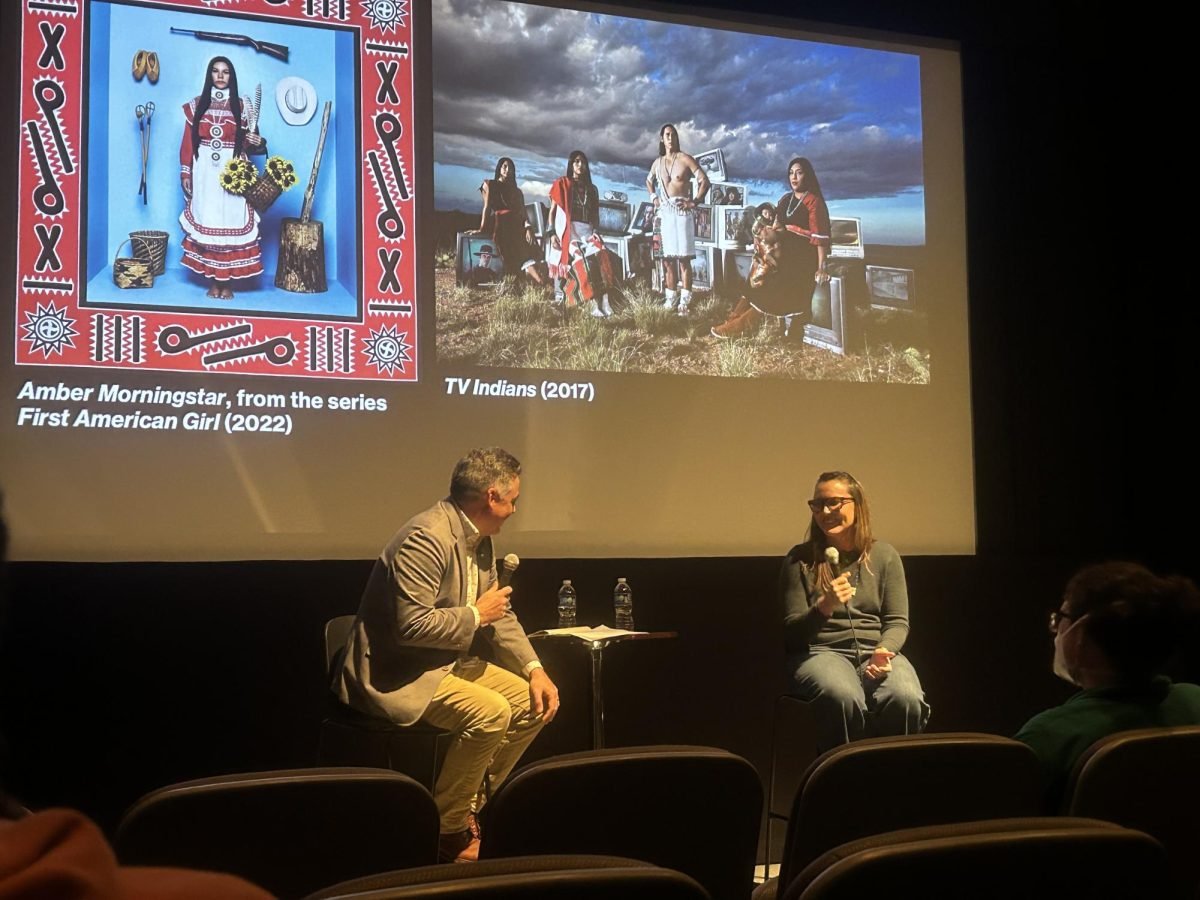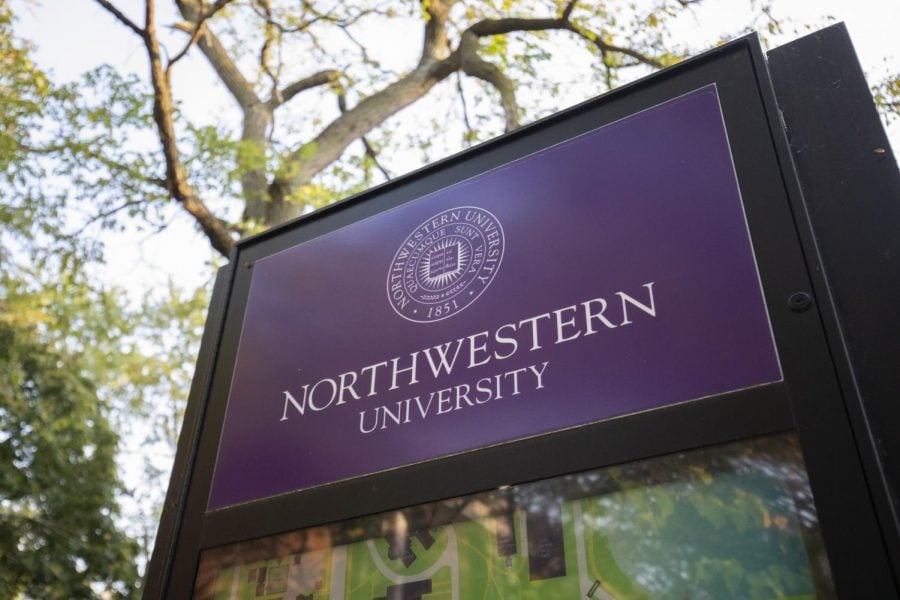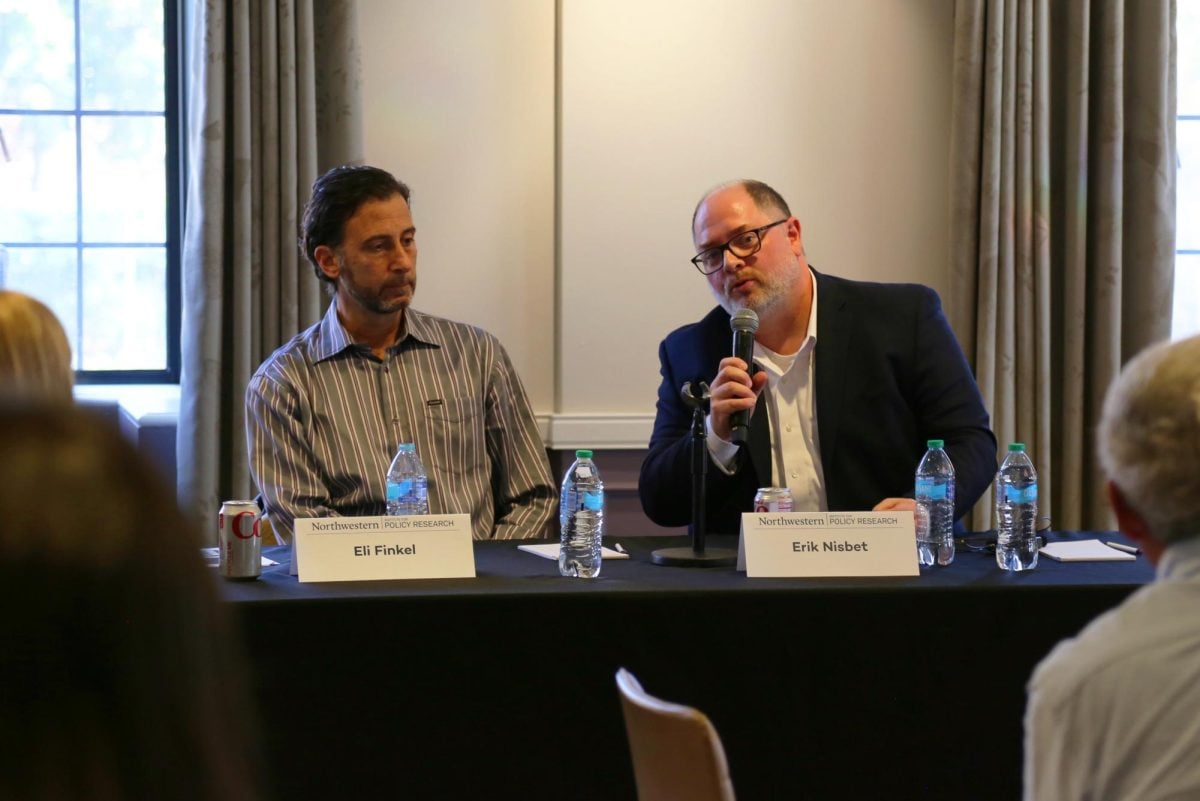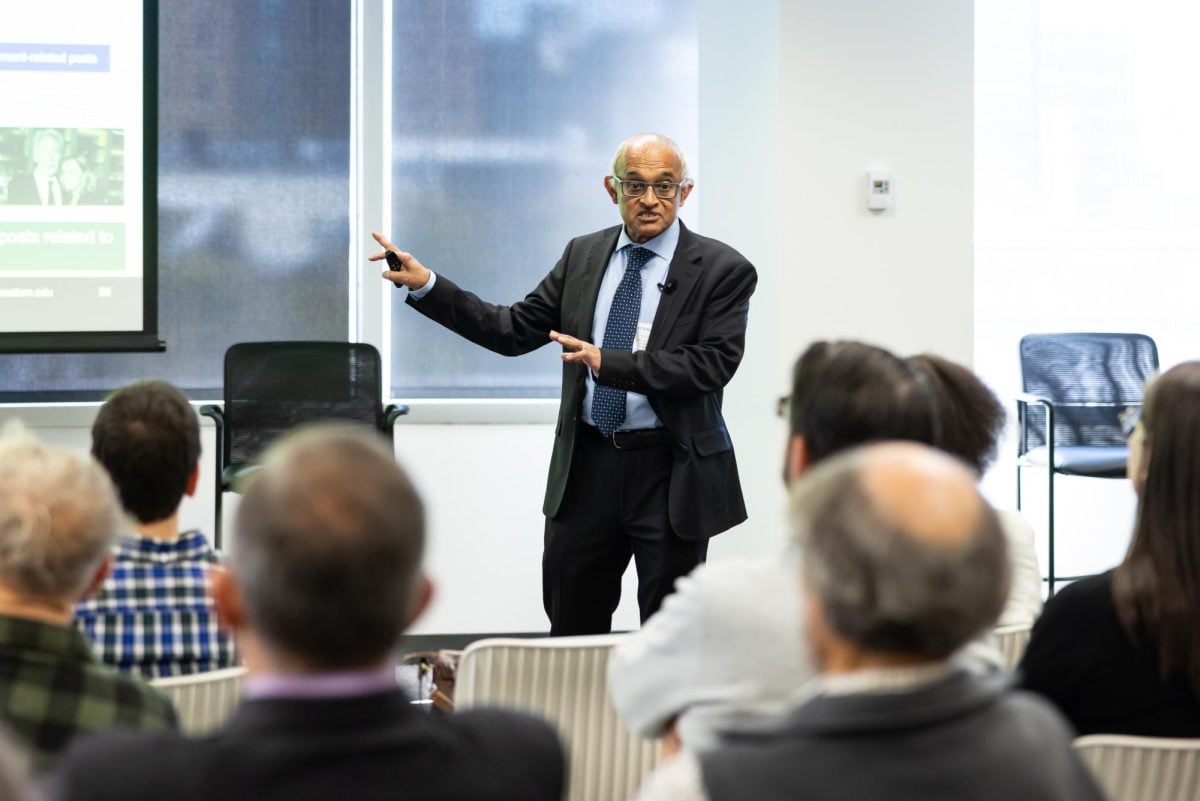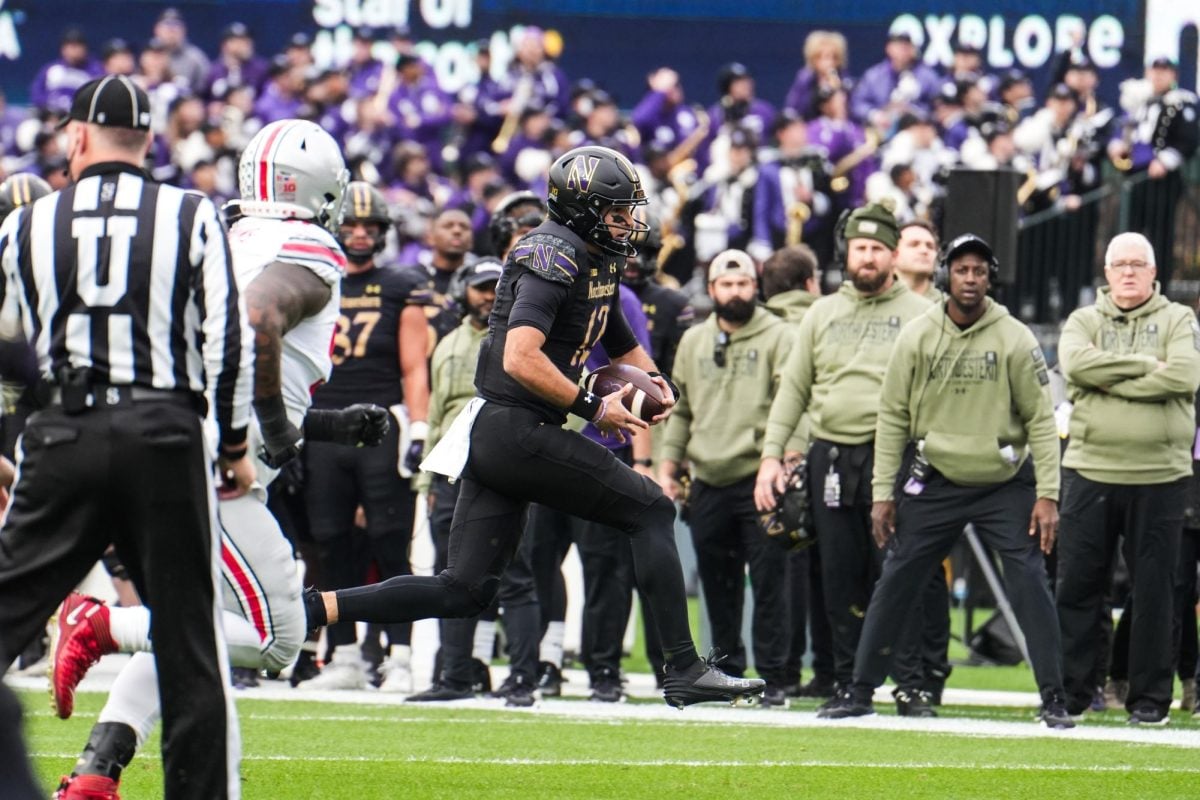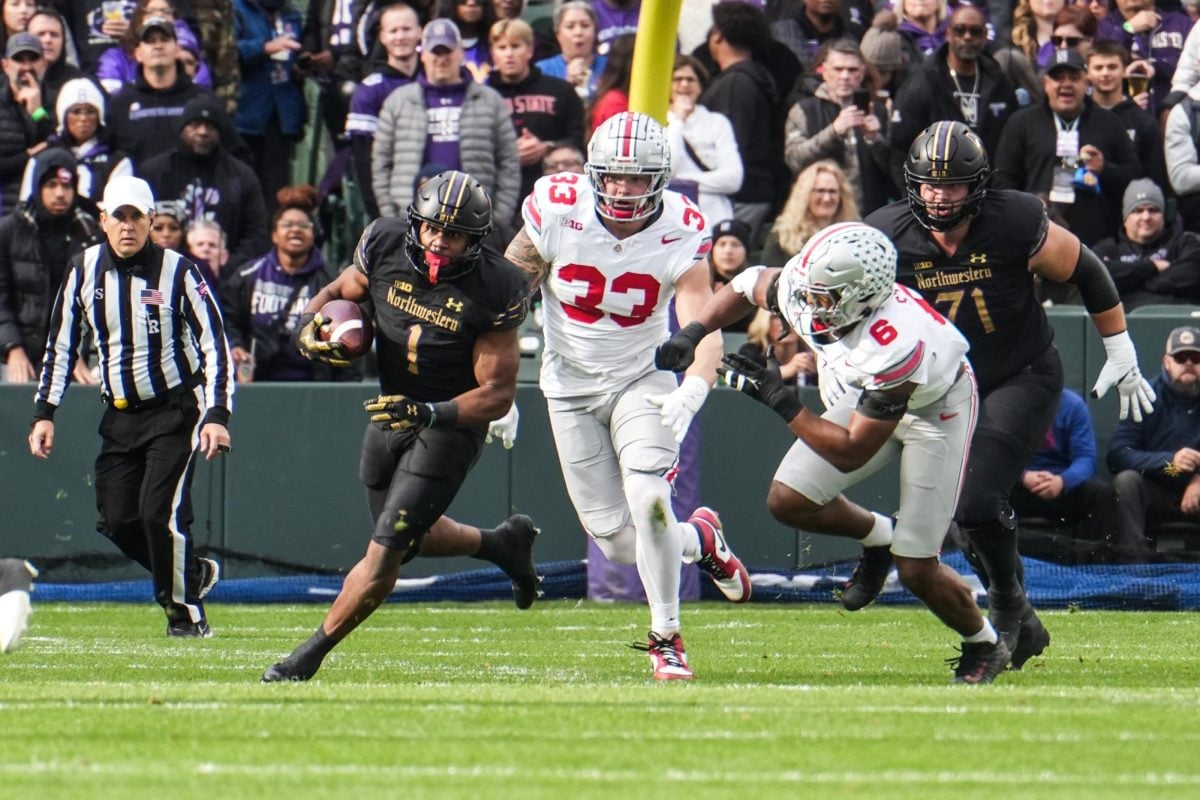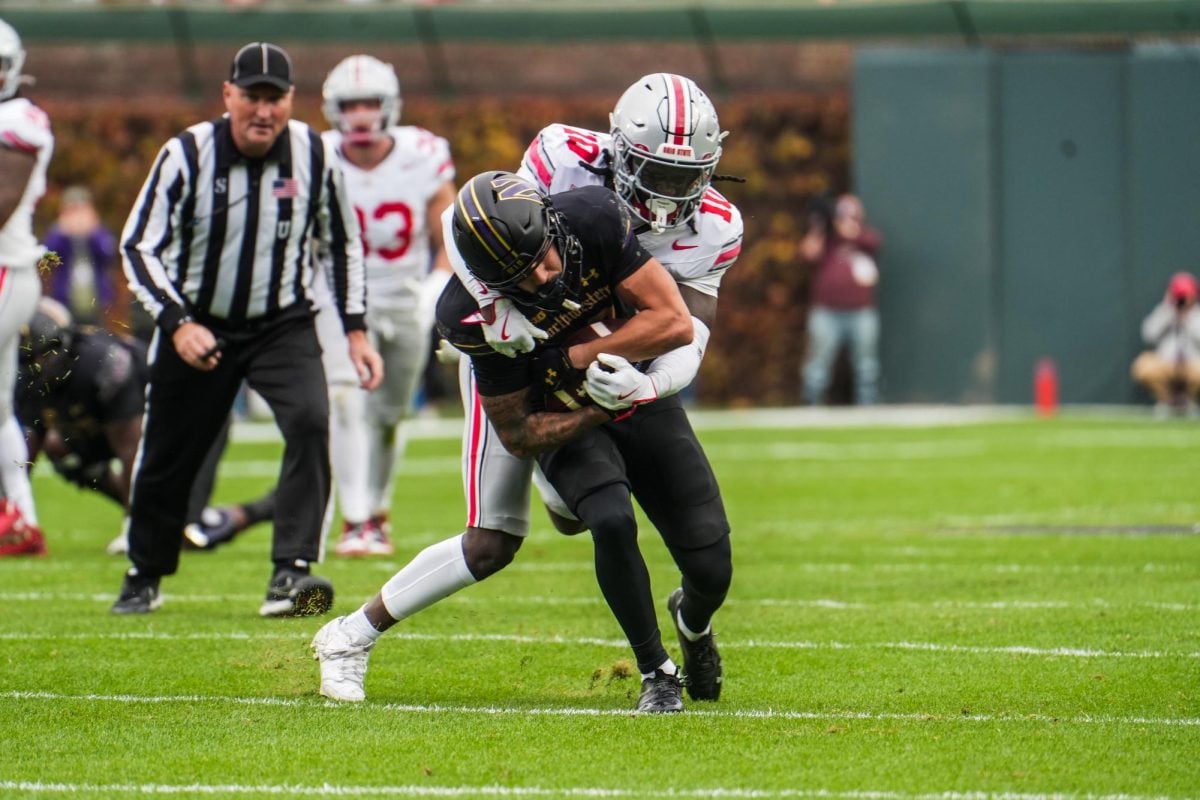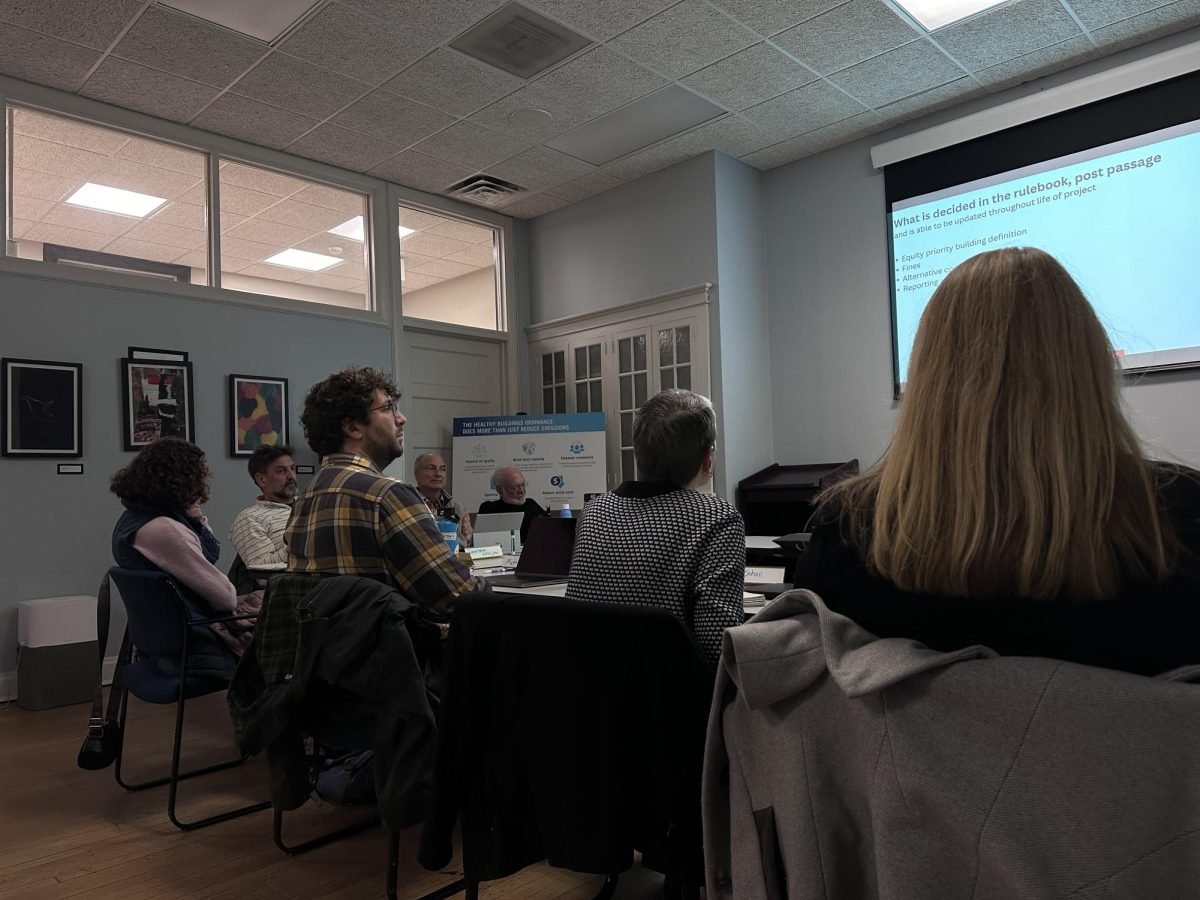As the director of the pathology core facility at the Robert H. Lurie Comprehensive Cancer Center, a physician and a Feinberg School of Medicine professor, Piotr Kulesza brought energy and humor to his work, colleagues said Tuesday.
Kulesza, known as “Peter,” died from a fall Sunday at a hotel in Hollywood, Fla., where he was giving presentations about digital pathology. He was scheduled to visit Geneva, Switzerland, to give further presentations, his colleague Adekunle Raji said.
After Dr. William Muller, the chair of the Feinberg pathology department, hired Kulesza in 2009, Kulesza split his time at Feinberg as a researcher of diseases and a physician taking care of patients. Kulesza, a cytopathologist, was a good fit in NU’s pathology department, which sought someone interested in researching pathologies, Muller said.
“Peter, along with others, really stepped in to put in place policies to handle specimens and facilitate the rapid process of (using) specimens for clinical care and research,” Muller said. “He had a high standard of excellence and did not tolerate mediocrity.”
Kulesza was born in Warsaw, Poland, around the time of the Cold War and immigrated to the United States, where he earned his medical degree at Washington University in St. Louis. During his time in St. Louis, he met his wife, who is also a physician, said Dr. Stephen Rohan, a friend and colleague of Kulesza.
Among his hobbies were reading history books, driving sports cars and having a beer, Rohan said. Rohan, who met Kulesza at about the same time he joined Feinberg as a surgical pathologist in 2009, said Kulesza liked to travel to Europe, where he rode Formula One cars on race tracks. World War II history books interested him because of his roots in a country behind the Iron Curtain. Kulesza also was a loving husband to his wife, Anise, and savored Scotch and cigars, Rohan said.
“(He was a) very energetic, passionate, inquisitive, capable and very kind individual,” said Dr. Simone Davion, a colleague of Kulesza’s.
Dr. Anil Parwani, a professor at the University of Pittsburgh, met Kulesza on the first day of their residency program at Johns Hopkins University in 1999. Parwani said Kulesza was interested in providing pathologists with a means to better share their research.
Outside of work, Kulesza enjoyed skiing and browsing classic cars, Parwani said. In September, Parwani traveled to Chicago for a meeting and met up with Kulesza, who gave him a tour of his lab.
“I was always looking to him for advice. He had great insights,” Parwani said. “He was just someone you could hang out and have a beer with. We all have people like that (in our lives).”
Kulesza treated patients in addition to researching diseases, Muller said. For example, Kulesza was involved in the departments of gynecology, lymphoma and leukemia among other disease centers, where he collected tumor samples from patients with their consent for research purposes. He was also the director of the ECOG-ACRIN Cancer Research Group Pathology Coordinating Office and Reference Laboratory.
Muller said he noticed Kulesza mature in his position as director of the Lurie center’s pathology core facility; he was appointed to in 2011. Kulesza revamped the center by introducing initiatives such as tissue banking and helped researchers apply for grants. On Sept. 1, Kulesza was promoted to associate professor at NU.
Raji said Kulesza also led a national initiative to make cancer tissues accessible to pathologists across the nation.
On Monday, physicians from the pathology department commemorated Kulesza’s life, Dr. Ritu Nayar said. The immediate group of colleagues who worked with Kulesza met a day later and shared stories about his sense of humor.
“We tried to control the tears shed for the last three days,” Nayar said. “All we can do now is cherish the wonderful memories of Peter. He would want us to not be sad, but it’s going to be hard to get over this loss.”
Correction: Due to an editing error, a previous version of this story misstated where Piotr Kulesza met his wife. The two met in St. Louis. The story also misstated Dr. Stephen Rohan’s field, as well as one of his director positions. Additionally, the story misidentified the ECOG-ACRIN Cancer Research Group Pathology Coordinating Office and Reference Laboratory. The Daily regrets the errors.
Email: [email protected]
Twitter: @EdwardCox16
